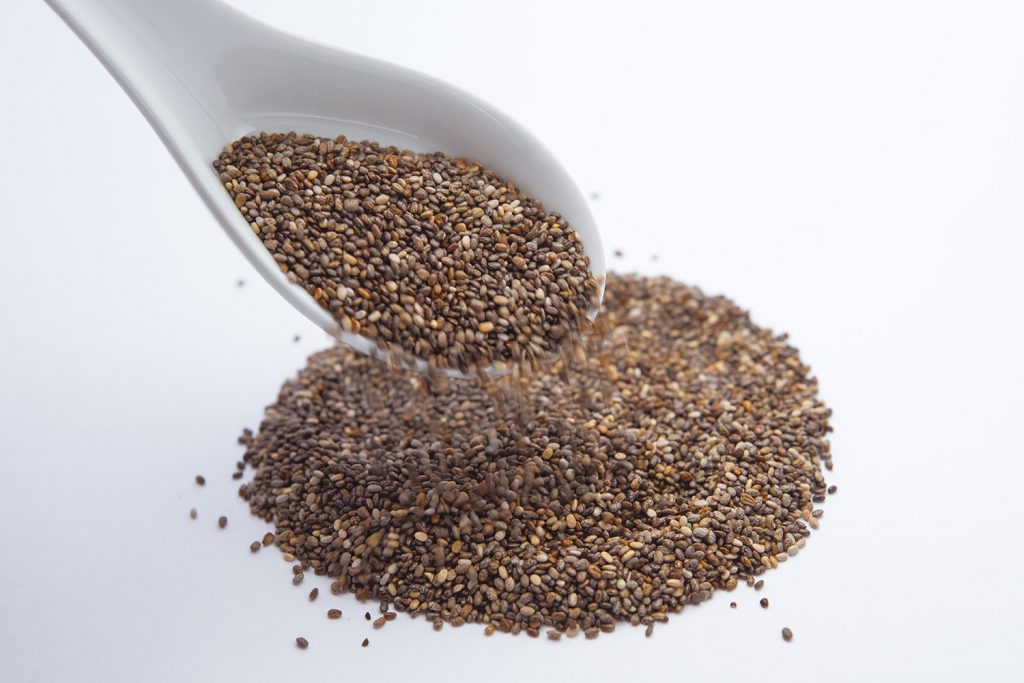Heart Healthy Diet
 There is an overwhelming amount of information regarding what you should and should not eat available to you. Many times I see people try new diets or special foods to promote heart health. However, they don’t have the basics in place to promote a healthy heart. Therefore, making one particular change, such as eating more walnuts, won’t have as great an impact.
There is an overwhelming amount of information regarding what you should and should not eat available to you. Many times I see people try new diets or special foods to promote heart health. However, they don’t have the basics in place to promote a healthy heart. Therefore, making one particular change, such as eating more walnuts, won’t have as great an impact.
Here are five foundational pieces you need to have in place to promote heart health.
1. Reduce your intake of unhealthy fats
There are different types of dietary fats – saturated and unsaturated. Trans and saturated fats have been linked to a higher risk of heart disease, such as elevated cholesterol levels, and should be consumed in moderation. You want to replace the majority of the saturated fats in your diet with more heart healthy unsaturated fats.
How do you do this?
How much exercise to lower blood pressure?
 Maintaining a physically active lifestyle that includes regular exercise is one step towards preventing heart disease and promoting low blood pressure.
Maintaining a physically active lifestyle that includes regular exercise is one step towards preventing heart disease and promoting low blood pressure.
Benefits of Exercise
Here are a few health benefits linked to exercise:
- Stronger heart and cardiovascular system.
- Improved circulation.
- Reduce symptoms of heart failure.
- Boost energy levels.
- Increase endurance.
- Increase strength & muscle tone.
- Better balance and flexibility.
- Stronger bones.
- Decreased stress, anxiety, & depression.
- Decreased body fat.
- Better sleep.
How Much Exercise
Blood Pressure & Wine: Will an extra glass of wine increase my blood pressure?
Here’s a question submitted by a reader of The Heart of Health.
Question: I have been following alot of your advise, thank you. I was back to a consistent blood pressure around 120/80. It seems to be creeping up a bit now. I think maybe a glass a wine more frequently in summer parties and gatherings is the only change. I typically only have wine on Friday and Saturday (2 glasses max). Could a few more evenings of a glass of wine make that much difference? I see stress as less in summer as I work much less.
High Blood Pressure and Heart Disease
 If your blood pressure stays consistently elevated you may be diagnosed with hypertension (high blood pressure). High blood pressure is known as the ‘silent killer’ because you may have high blood pressure and not even know it. Usually there are no symptoms. That is why it’s some important you monitor your blood pressure on a fairly regular basis.
If your blood pressure stays consistently elevated you may be diagnosed with hypertension (high blood pressure). High blood pressure is known as the ‘silent killer’ because you may have high blood pressure and not even know it. Usually there are no symptoms. That is why it’s some important you monitor your blood pressure on a fairly regular basis.
If you do not take steps to control high blood pressure you risk long term consequences that can be fatal.
How does high blood pressure impact your body?
Let me give you a brief idea of what’s going on within your body when your blood pressure is elevated.
How to Use Flaxseed to Lower Cholesterol

Flaxseed is high in dietary fiber and omega 3 fatty acids. Both of which you need to increase in your diet as your work to lower cholesterol levels. Here are 10 ways you can incorporate flaxseed into your diet.
- Sprinkle on your cereal every morning. . .hot or cold.
- Add to pancake or waffle batter.
- Mix in your orange juice.
- Add to muffins.
- Mix in yogurt.
- Sprinkle on fresh salad greens.
- Add to cottage cheese.
- Add to spaghetti sauce, meatloaf, and lasagna.
- Add to cookie dough.
- . . . .get creative! It can be an addition to just about anything.
Grind Your Flaxseed
How does exercise lowers blood pressure?

When you exercise regularly your heart becomes stronger and more efficiently circulate blood. This means the heart doesn’t have to work so hard and it takes less force against your artery walls to circulate oxygenated blood through the body.
Being regularly active can reduce your systolic (top number) blood pressure by 5 to 10 mm Hg. However, don’t expect overnight results. It can take up to 3 months for regular exercise to impact blood pressure levels.



